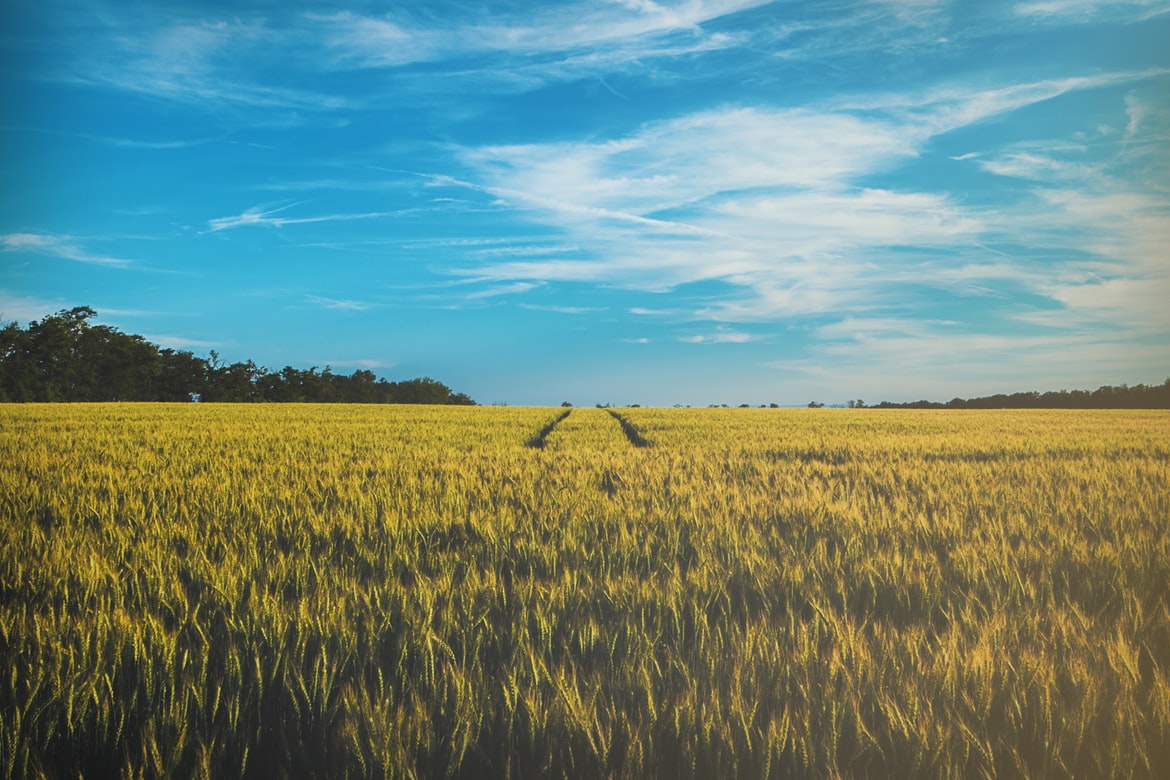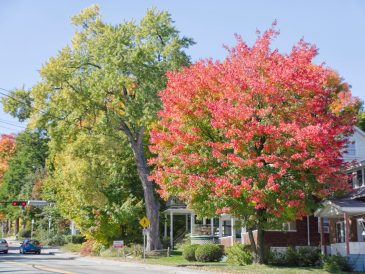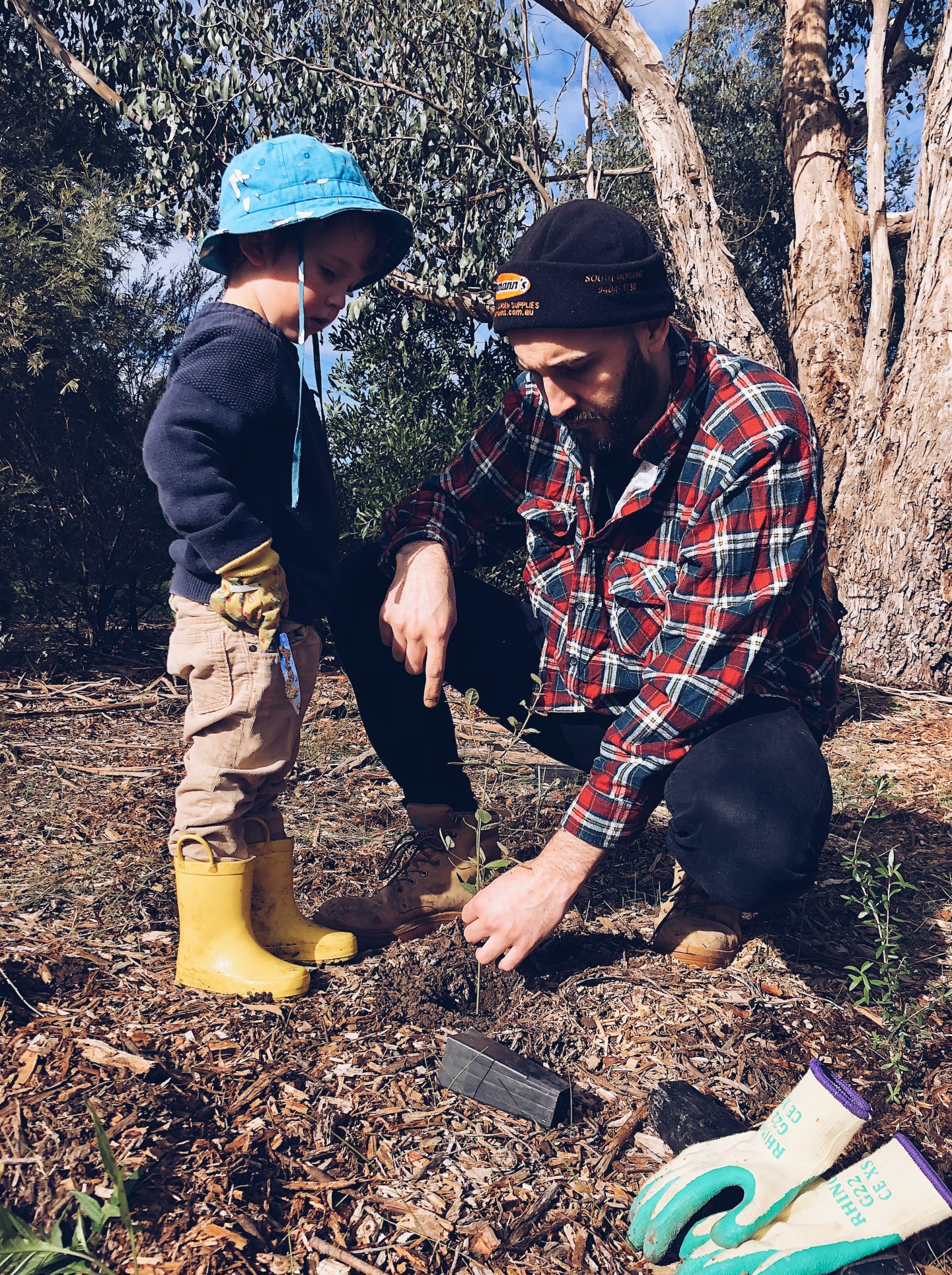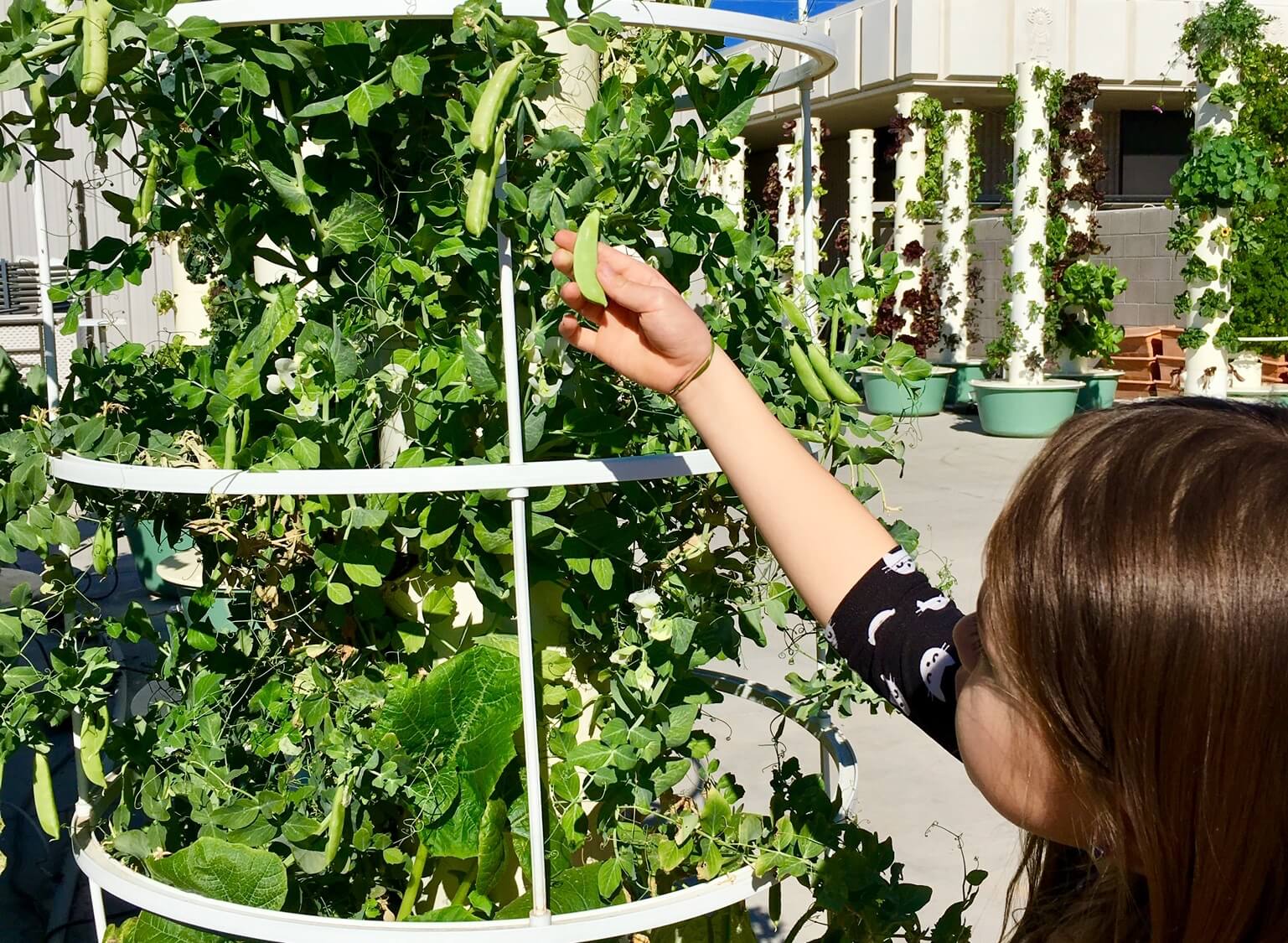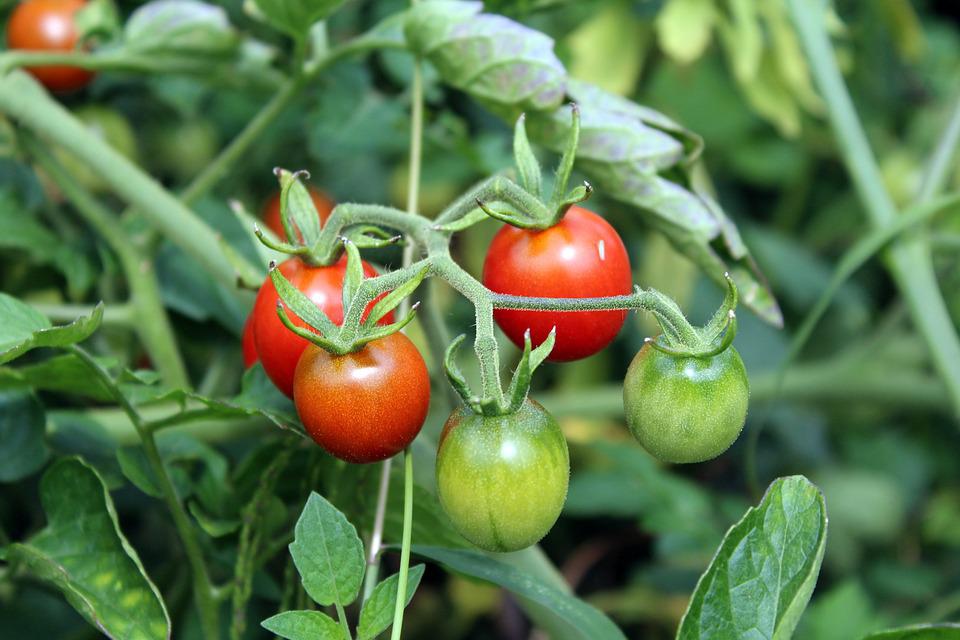Fertilizing is still a vague topic for most amateur gardeners with many of them using more fertilizer than necessary. Nowadays, gardeners favour organic fertilizers instead of chemical fertilizers when preparing the soil to welcome new plants.
What Fertilizers Can You Use?
There are natural fertilizers like animal manure from cows, sheep, or horses. Cow manure is probably the best of the three, but it really depends on your soil type. There should be a mix of one part manure to six parts of soil. However, keep in mind that manured soil should be at least six months to one year old before usage.
Compost is another organic fertilizer, but gardeners often complain that it takes too long to manufacture. Compost, with speeding methods, can be ready in around six months, but it can take up to three years to be completely ready.
There are many options of organic fertilizers, for example, coffee grounds and Epsom salt. We can talk about that in another article; for now, let’s jump in when to use fertilizers.
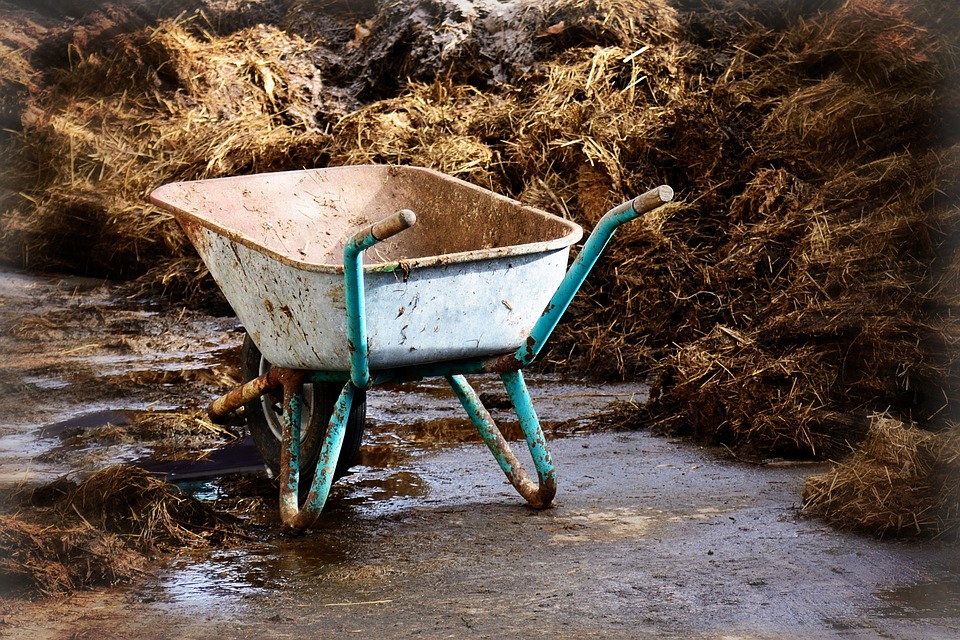
When To Use Fertilizers
The umbrella rule for the annual fertilization is to apply in early spring, which encourages leafy growth and the creation of flowers and then fruit. However, early spring may still be subject to late freezes or even snow in some zones, which can harm the freshly fertilized ground.
Fertilizer is most beneficial when used on plants at their peak growing cycle, which is when the plant is leafing out or flowering after leaving the dormant winter stage.
Test Your Soil Nutrients
Soil testing is recommended before planting. It can be quick, and you can do it yourself, and it will give you the information you need about what kind of fertilizer you need and how much you need.
If you have problem growing plants, you will need to test the pH level of your soil. You can buy a test kit at any garden shop. Start by taking several soil samples from different locations, then mix the soil with water and the powder included in the kit. The resulting colour will tell you if the soil is acidic (pH < 7), neutral or alkaline (pH > 7).
Now that you are done with the soil test, you can take simple steps to correct it. In addition, you can correct it in specific places, for example, where you are going to plant. You do not need to correct the entire garden; it is up to you.
What Happens To The Plant When You Over Fertilize?
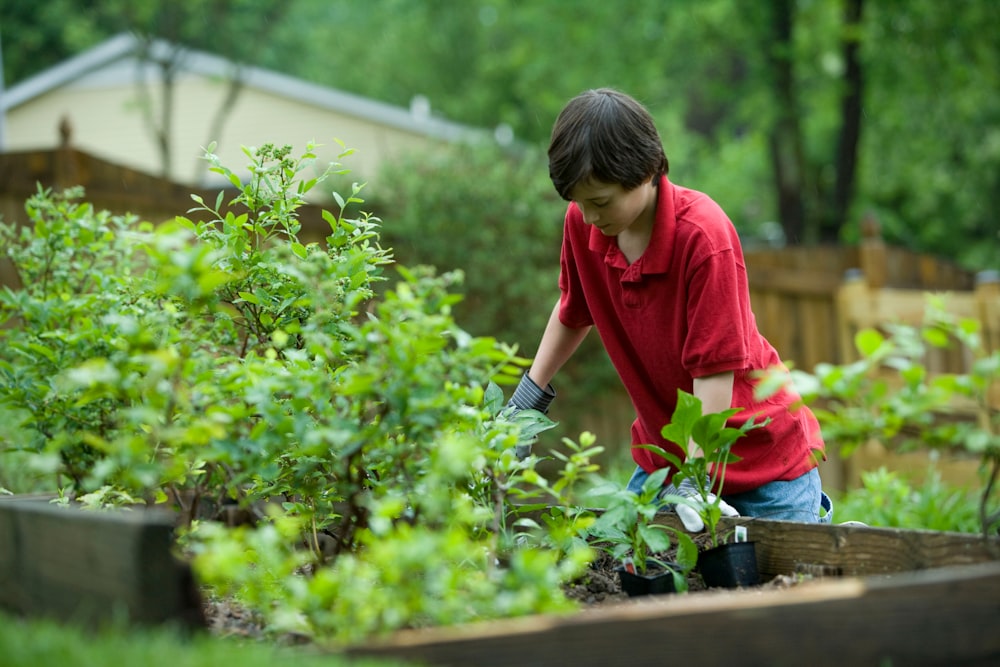
If you add too much fertilizer to the soil, the plants can no longer absorb water. Plants rely on an osmotic pressure gradient to collect water. When the concentration of dissolved solids in the soil around the roots rises steadily to the core of the root, water flows into the plant. When the pressure around the roots becomes too high, the water flow reverses. This is where the term plant combustion comes from. The water flows from the leaves to the roots, and the leaves burn because they have no water to cool them.
Another drawback of excess fertilization is when plants grow too fast and too luxuriantly, making the plants more prone to insects and diseases. This normally happens when the fertilizers used are high in nitrogen content.
Too much fertilizer can also lead to plant deficiencies. Too much of one nutrient can bring about the insufficiency of another. For example, too much potassium in the soil impairs the uptake of magnesium. Eventually, when the plant lacks magnesium, it will show deficiency symptoms.
As it is easier to over-fertilize with non-organic fertilizers, you should avoid these as much as possible. Let us know in the comments which type of fertilizer you use for your soil…

